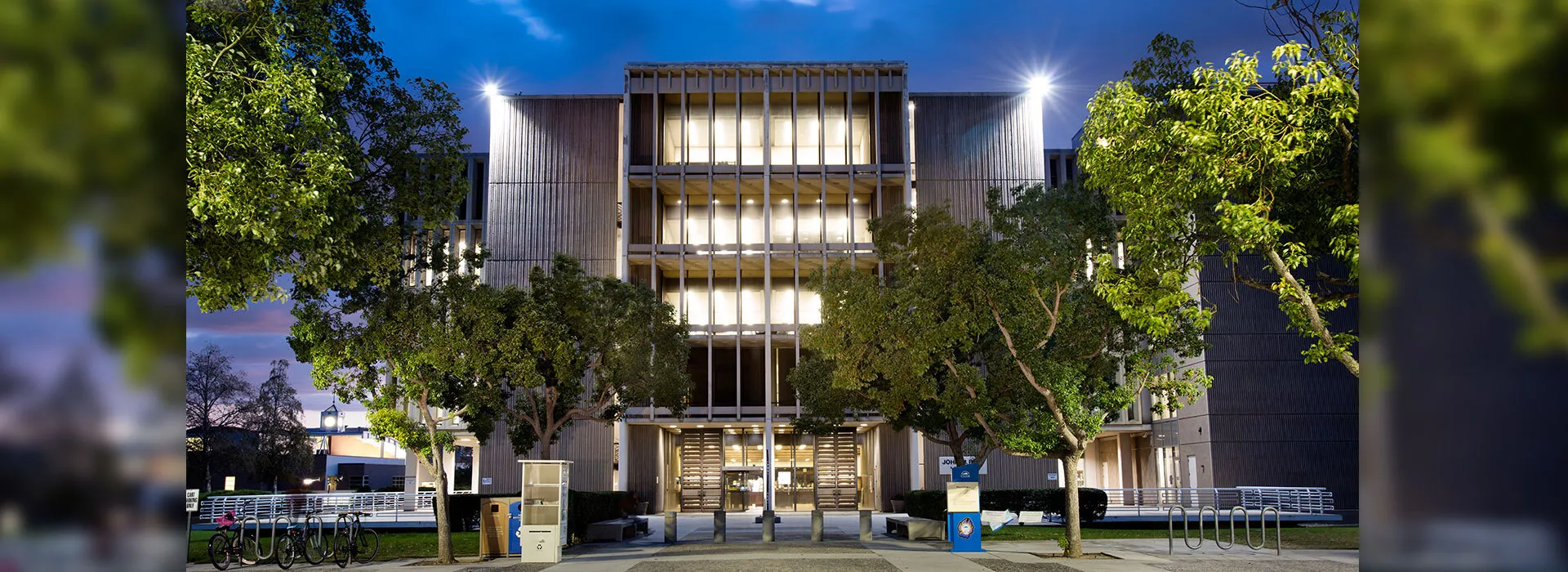
Neurofeedback, a non-invasive technique used to eliminate or reduce some of the symptoms of conditions such as attention deficit/hyperactivity disorder, anxiety, learning difficulties and post-traumatic stress disorder (PTSD) will be showcased at an open house on Wednesday, May 18.
The annual spring open house will be hosted by the Institute for Research, Assessment and Professional Development, and will take place from 4-7 p.m. in the university’s College of Education, Room 120, where the institute is housed. Coffee and tea will be provided. Parking is complimentary at Lot G.
Visitors will have the opportunity to see and experience neurofeedback, a ground-breaking technique that can reduce or eliminate symptoms of attention deficit/hyperactivity disorder, post-traumatic stress disorder, anxiety and other conditions.
Also known as cognitive rehabilitation, neurofeedback is a powerful brain-based technique that has been successfully helping clients around the world for more than 30 years with positive results for a multitude of symptoms.
“Participants will have the opportunity to try out neurofeedback,” said Connie McReynolds, a licensed psychologist and the director of the institute. McReynolds, a professor of rehabilitation counseling who established the neurofeedback service in 2011, cited several examples of the positive outcomes some participants have shown:
- “Michael,” a military veteran with post-traumatic stress disorder, or PTSD, could not travel daily without the assistance of his wife; now he gets himself to and from his activities.
- “Jason” was being considered for ADHD medication and special classes; now he’s mainstreamed in school without medical intervention.
- “Emily” reported that when she is in her classroom, she is able to stay more focused. She has since stopped her medication for ADD and feels less hyperactive as a result.
Neurofeedback is also used to enhance peak performance in a variety of situations such as sports performance and work performance, McReynolds said.
Since the institute began offering neurofeedback, more than 600 clients have been helped, and military veterans suffering from PTSD have reported positive results, McReynolds said.
For more information about the open house and the CSUSB Institute for Research, Assessment and Professional Development, contact Connie McReynolds at (909) 537-5453 or email cmcreyno@csusb.edu.
Also visit the Institute for Research, Assessment and Professional Development website.
About California State University, San Bernardino: Set in the foothills of the beautiful San Bernardino Mountains, CSUSB is a preeminent center of intellectual and cultural activity in inland Southern California. Celebrating its 50thanniversary in 2015-2016, CSUSB serves more than 20,000 students each year and graduates about 4,000 students annually. For more information about Cal State San Bernardino, contact the university’s Office of Strategic Communication at (909) 537-5007 and visit news.csusb.edu